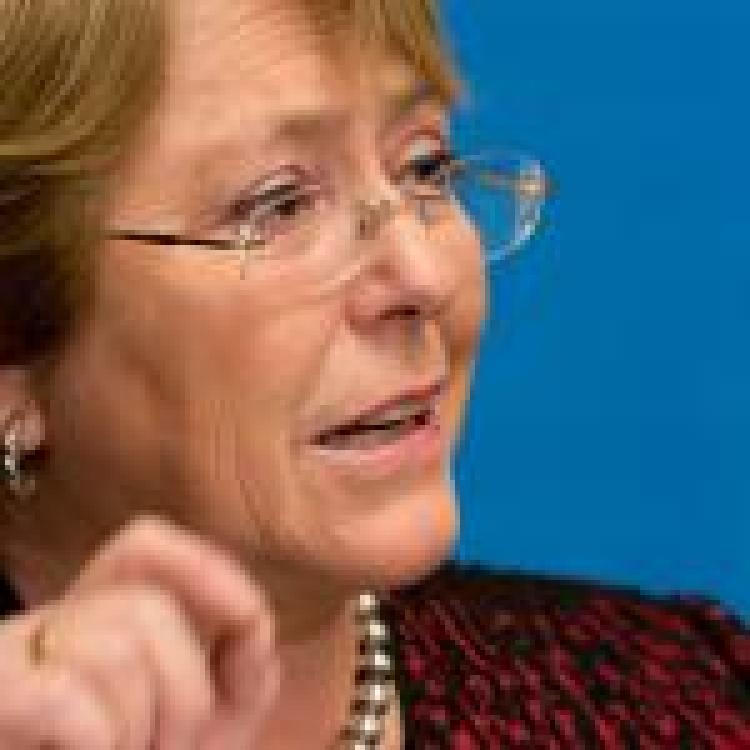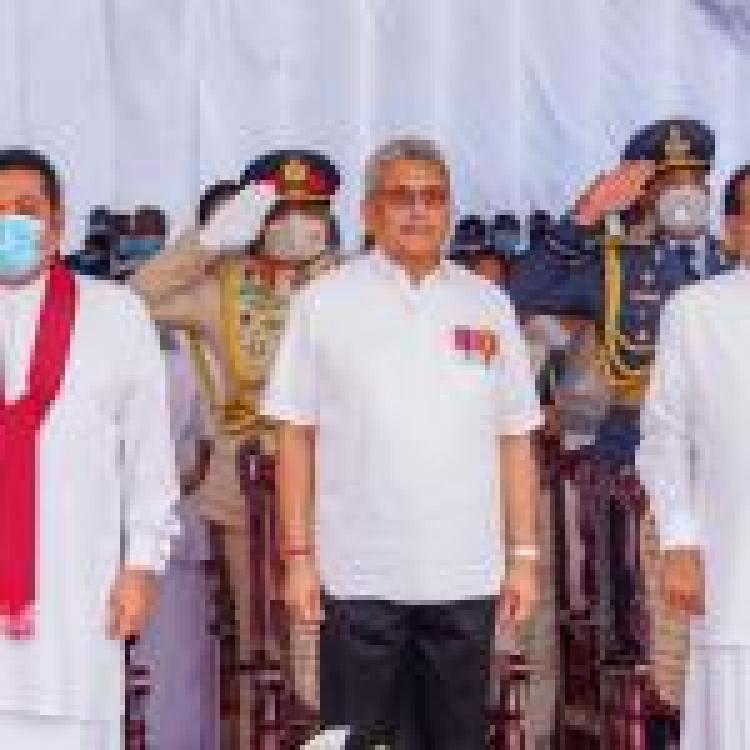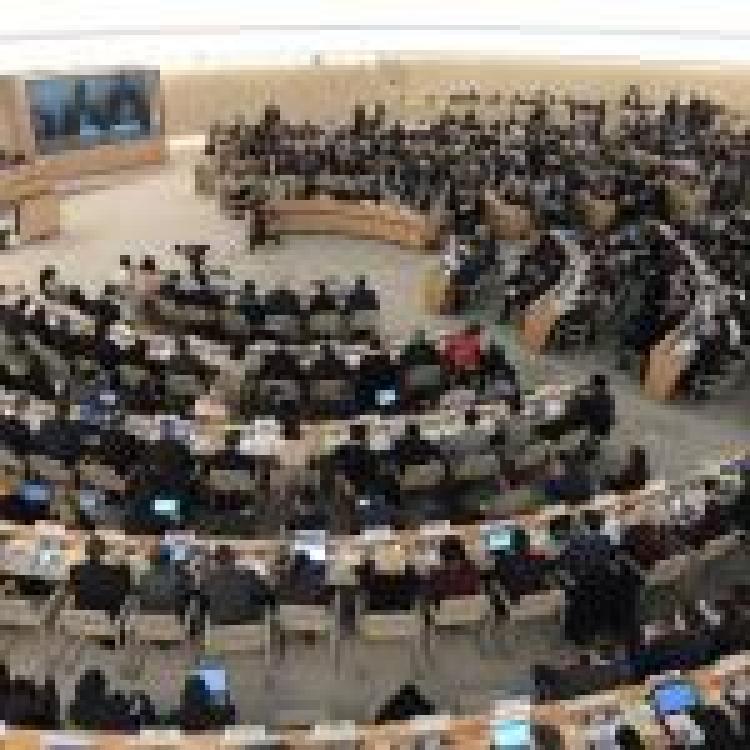Human Rights Watch (HRW) has called featuring Sri Lanka’s prime minister and accused war criminal Mahinda Rajapaksa as the 'Chief Guest' at a UN event a "slap in the face for victims of human rights abuses and war crimes."
"Instead of focusing on them, the UN chose to honor one of the people implicated in their suffering, the country's prime minister, Mahinda Rajapaksa," HRW said in a statement.
"Even after the war ended, Rajapaksa's administration committed countless human rights violations against journalists, activists and those seeking justice," the rights group added.
"To add insult to injury, the government has openly opposed victims's demands for justice - something the UN strongly supports. The government has rapidly expanded the miliatry's control over numerous aspects of civilians life, including policing, the Covid-19 response, and the supervision of non-governmental organisations."
Honored to be invited to speak as chief guest at the #UNs global debate celebrating its #75th anniversary. The event will bring together young #SriLankan influencers & experienced leaders to discuss -the role of youth in harnessing multilateral cooperation for #COVID19 recovery. pic.twitter.com/bvnjUCKr0k
— Mahinda Rajapaksa (@PresRajapaksa) October 23, 2020
At the event, Rajapaksa said, “I appreciate the United Nations support for a wide range of sectors such as health, education, environment, agriculture and food security. In addition to remaining committed to children’s rights and safety, I remain equally committed to addressing the challenges faced by women and girls, the elderly and the differently abled, and look forward to working closely with the UN Resident Coordinator and the Country Team”.
During his tenure as Sri Lanka's President, Rajapaksa oversaw a genocidal offensive killing tens of thousands of Tamil civilians. Both he and his brother, Gotabaya Rajapaksa who served as the Defence Secretary, have been credibly accused of a litany of war crimes and have repeatedly refused an international investigation to take place, threatening to reisgn from global bodies if prosecutions for human rights were pursued.
Tens of thousands of Tamil civilians were slaughtered in an offensive that saw hospitals shelled and surrendering Tamils executed for forcibly disappeared. Tamils in the North-East and around the world have consistently called for an international mechanism in order to ensure justice and accountability. To date, Sri Lanka has not prosecuted any soldiers for the atrocities of 2009. Instead, leading commanders who over saw the offensive have been promoted to senior military and government posts, including the current head of Sri Lanka’s army and the defence secretary.
Last month, the UN High Commissioner for Human Rights, Michelle Bachelet called on the UN Human Rights Council to ensure there was "renewed attention to Sri Lanka", as she warned of "threats to peace, reconciliation and sustainable development".
She said that she was "troubled that the new Government is swiftly reneging on its commitments to the Human Rights Council since it withdrew its support for resolution 30/1."



